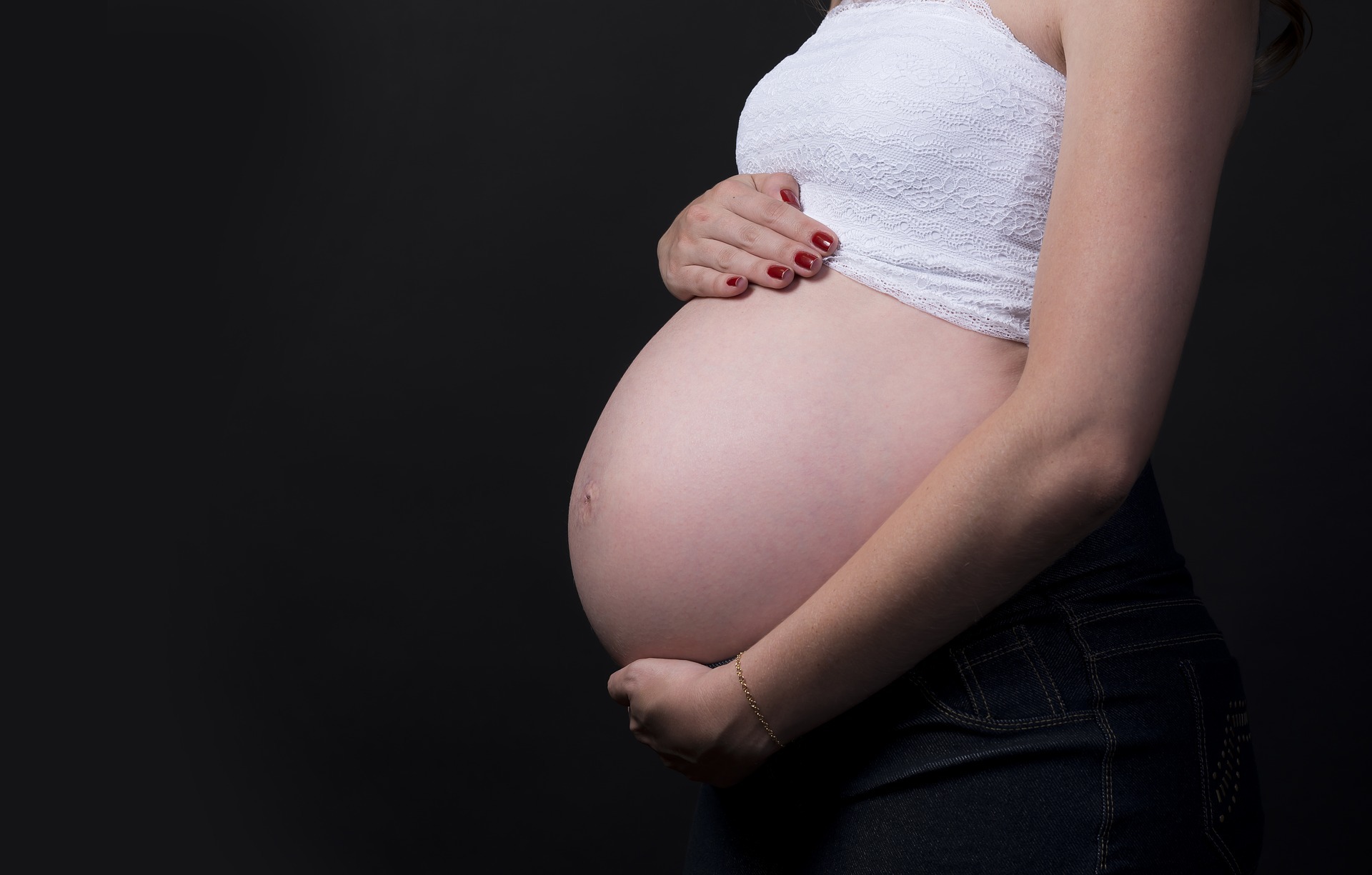
Stillbirth is the major cause of baby death, with an estimated 1,700,000 cases worldwide in 2016. In 2011, the UK had the third highest stillbirth rate out of 35 high-income countries. More than half of the losses are potentially preventable by medically-indicated delivery if the baby had been known to be at risk of stillbirth.
Cambridge research first showed that low maternal blood levels of Pregnancy Associated Plasma Protein A (PAPP-A) in early pregnancy were associated with an increased risk of stillbirth due to foetal growth restriction (FGR).
As a direct consequence, NHS England recommended that women with low PAPP-A in early pregnancy undergo enhanced ultrasonic surveillance. Implementation of this policy has contributed to a 60% increase in detection rate of FGR and subsequent intervention prevents >500 fewer stillbirths per annum in England. Research has had policy impacts in the UK, New Zealand and Australia.


